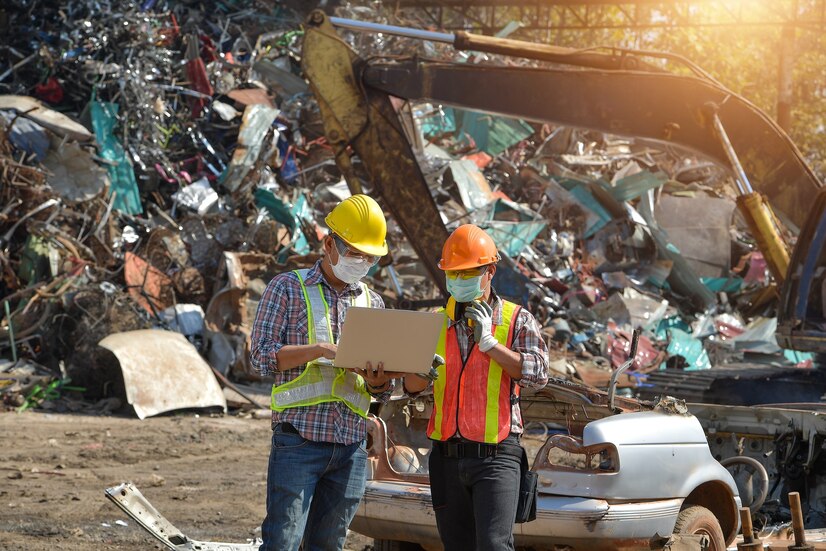5 Surprising Sustainability Facts About Junkyards

As technology and the global economy advance, junkyards have become increasingly crucial to sustainability and environmentalism. While people may think of junkyards as useless piles of scrap metal and plastic, they can be valuable resources for preserving the environment if managed correctly.
From proper disposal of hazardous materials to innovative uses for recycled materials, here are five surprising facts about junk yards that will help you understand their importance to sustainability.
Proper Disposal Of Hazardous Materials
One of the biggest concerns regarding environmental safety is the proper disposal of hazardous materials. Unfortunately, many people dump these materials into landfills or waterways, which can cause severe contamination. However, when done correctly, junkyards can be essential for proper disposal.
By separating potentially hazardous materials from other scrap items in the yard, junkyard operators such as going to a junkyard in Salt Lake City can ensure that these materials are disposed of safely per state and federal regulations.
Innovative Uses For Recycled Materials
Another way that junkyards help contribute to sustainability is through their innovative use of recycled materials. By sorting out usable items such as metal scraps, old appliances, and automotive parts, these items can be refurbished and put back into use instead of ending up in landfills.
Refurbishing old parts helps reduce waste and the energy used to produce new goods since reused products require less energy than brand-new ones. Additionally, this practice promotes a culture of reusing materials which encourages people to think twice before throwing away something still usable or repairable instead of opting for something new each time they need a replacement item.
Increased Jobs & Economic Development
Junkyards also provide another significant benefit to sustainability by creating job opportunities in local communities. By setting up shops in economically disadvantaged neighborhoods or rural areas, small businesses that manage junkyards often create much-needed employment opportunities for those who would otherwise struggle to find work due to a lack of access or education levels required by other industries.
Not only does this help improve living standards among individuals, but it also contributes positively to overall economic development within the community while helping create more sustainable practices on a larger scale through increased recycling efforts.
Reducing Carbon Footprint With Reclaimed Parts
When reducing your carbon footprint on the earth, you can use reclaimed parts instead of buying new ones whenever possible.
For example, purchasing recycled automotive parts such as engines and transmissions from a nearby scrap yard rather than ordering brand-new products from abroad helps reduce our dependence on foreign oil while lowering emissions associated with transporting goods worldwide.
Supporting Local Charities
Finally, some junkyard operators will offer donations or discounts on car parts or scrap metals to support local charities or community projects. Charitable efforts help foster goodwill between businesses and residents while encouraging further recycling initiatives since many organizations rely on donated products rather than buying them outright.
Conclusion
By understanding how junkyards play an essential role in sustainability, you can better appreciate their value beyond simply being places where old junk is stored away.
From proper disposal methods for hazardous materials, reusing scrapped goods, creating jobs, reducing carbon footprints, and supporting local charities, it’s easy to see why one man’s junk is the environment’s treasure.





























